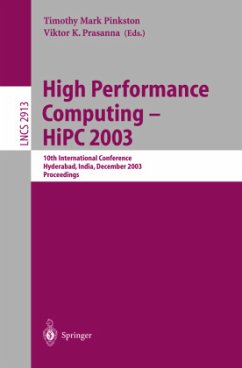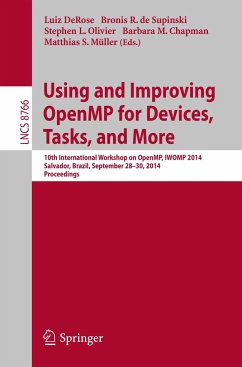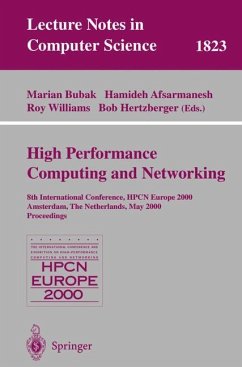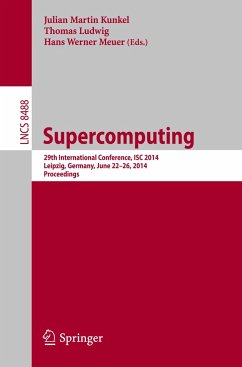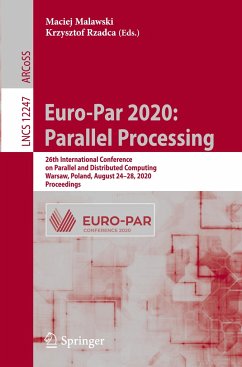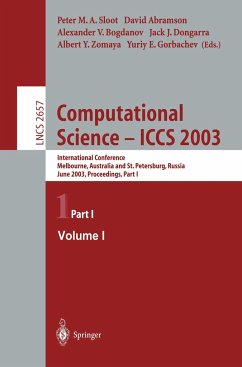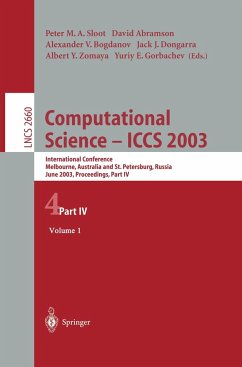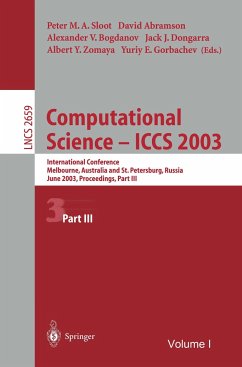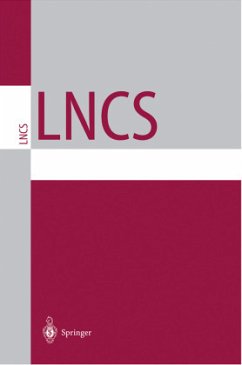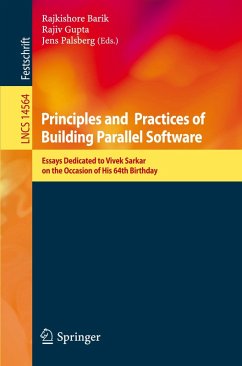
Introduction to Parallel Computing
From Algorithms to Programming on State-of-the-Art Platforms

PAYBACK Punkte
16 °P sammeln!
Advancements in microprocessor architecture, interconnection technology, and software development have fueled rapid growth in parallel and distributed computing. However, this development is only of practical benefit if it is accompanied by progress in the design, analysis and programming of parallel algorithms.This concise textbook provides, in one place, three mainstream parallelization approaches, Open MPP, MPI and OpenCL, for multicore computers, interconnected computers and graphical processing units. An overview of practical parallel computing and principles will enable the reader to des...
Advancements in microprocessor architecture, interconnection technology, and software development have fueled rapid growth in parallel and distributed computing. However, this development is only of practical benefit if it is accompanied by progress in the design, analysis and programming of parallel algorithms.
This concise textbook provides, in one place, three mainstream parallelization approaches, Open MPP, MPI and OpenCL, for multicore computers, interconnected computers and graphical processing units. An overview of practical parallel computing and principles will enable the reader to design efficient parallel programs for solving various computational problems on state-of-the-art personal computers and computing clusters.
Topics covered range from parallel algorithms, programming tools, OpenMP, MPI and OpenCL, followed by experimental measurements of parallel programs' run-times, and by engineering analysis of obtained results for improved parallel execution performances.
Many examples and exercises support the exposition.
This concise textbook provides, in one place, three mainstream parallelization approaches, Open MPP, MPI and OpenCL, for multicore computers, interconnected computers and graphical processing units. An overview of practical parallel computing and principles will enable the reader to design efficient parallel programs for solving various computational problems on state-of-the-art personal computers and computing clusters.
Topics covered range from parallel algorithms, programming tools, OpenMP, MPI and OpenCL, followed by experimental measurements of parallel programs' run-times, and by engineering analysis of obtained results for improved parallel execution performances.
Many examples and exercises support the exposition.





